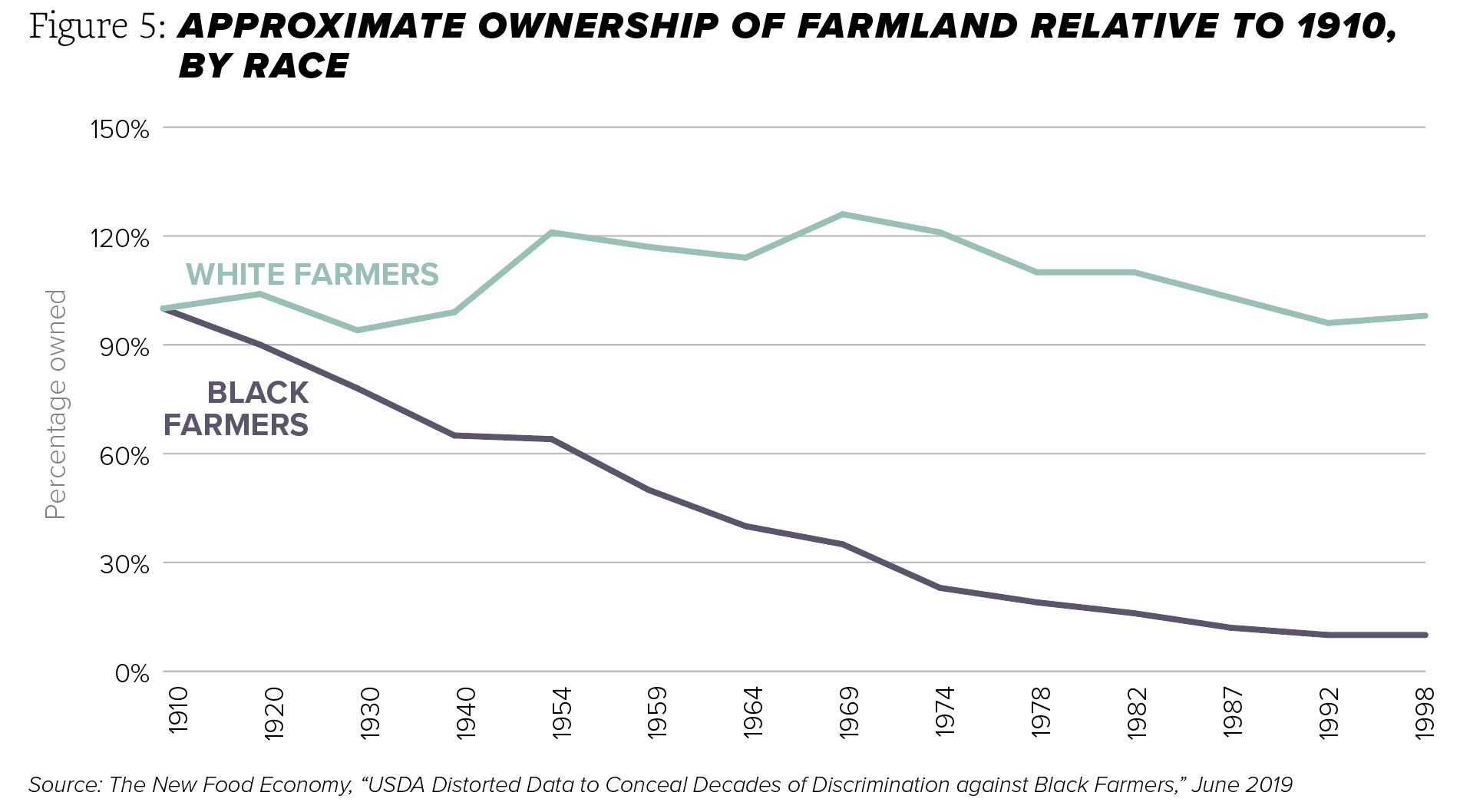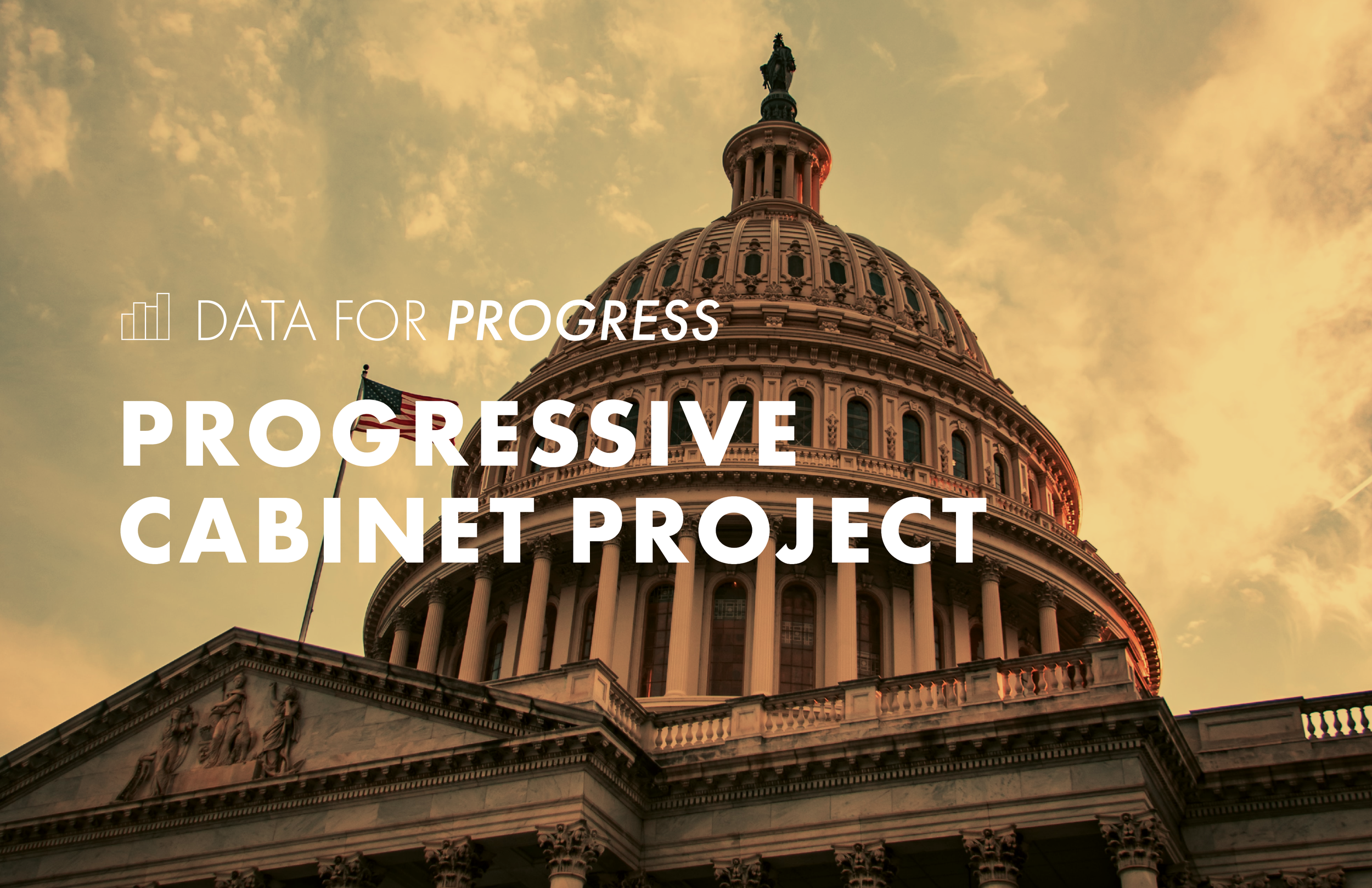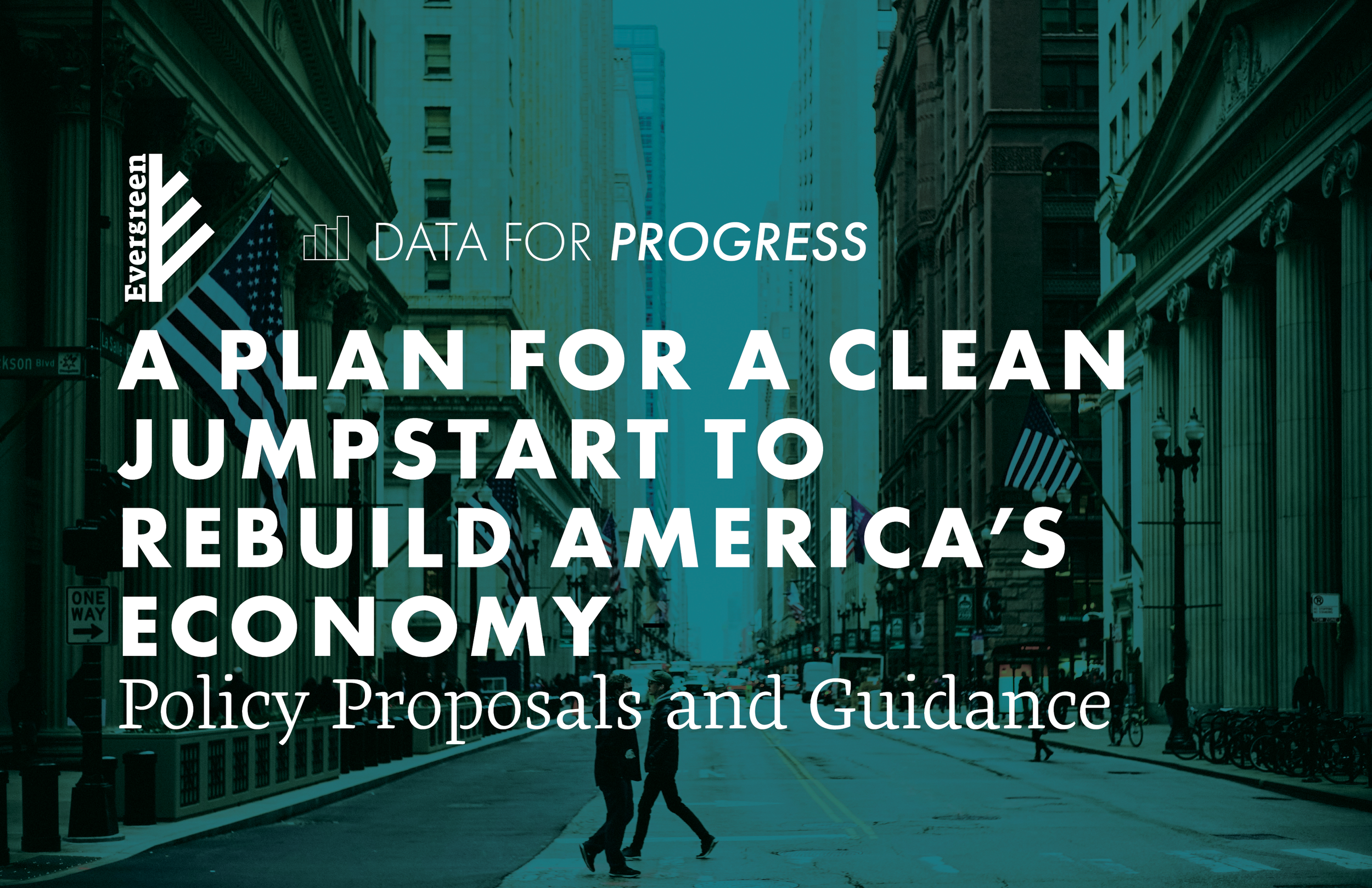Memo: Land Access for Beginning and Disadvantaged Farmers
Lead Authors: Meleiza Figueroa and Leah Penniman
Contributors: Mackenzie Feldman, Jordan Treakle, Anthony Pahnke, Adam Calo, Alastair Iles, and Johnny Bowman
Executive Producers: Greg Carlock and Julian Brave NoiseCat
In 1910, one in seven farmers were African-American and held titles to approximately 16-19 million acres of farmland. Over the next century, 98% of Black farmers were dispossessed through discriminatory practices at the USDA and various federal farm programs. These farmers were often denied loans and credit, lacked access to legal defense against fraud, and experienced “outright acts of violence and intimidation” resulting in a 90% loss of Black-owned farmland in the US.
Farmers from socially disadvantaged groups – African-American, Latinx, Native American, women, immigrants, LGBTQ+ – face an immense list of barriers, including structural socio-economic inequalities and a history of discrimination in credit markets, state and federal farm programs, and real estate. Many of these farmers, especially Latinx/Hispanic farmworkers and Indigenous peoples, possess valuable agroecological knowledge at risk of being lost without opportunities to put it into practice and pass it on.
Mitigating climate change in the agriculture sector requires encouraging new farmers, incentivizing wide scale adoption of regenerative agriculture, and rectifying historical disparities to land access and tenure. The Green New Deal can provide an enabling environment that supports new farmers’ access to farmland, by coordinated efforts at the federal, state, and local levels.
The Green New Deal must eradicate the historical discrimination in government policies and agency practices against socially disadvantaged farmers and encourage farmland acquisition by resident operators. It should do the following:
o Limit land consolidation by large-scale corporations and investment funds to make more farmland available to beginning and socially-disadvantaged farmers
o Strengthen credit lending and land access rights for Black, Indigenous, People of Color (BIPOC) and beginning farmers
o Appoint a USDA-led “land commission” to conduct a periodic national-scale land tenure study to provide a holistic perspective on the socio-economic, political, and market-based factors limiting BIPOC access to land
o Establish federal & state land banks of properties to make available below market rate to new farmers and BIPOC-led farmer cooperatives under special sustainable agriculture covenants
o Dramatically expand funding and training for regenerative agriculture, including implementing a mandatory supply management program for agricultural commodities, consisting of price floors, reserves and coordinating with conservation programs to reduce acres planted.






